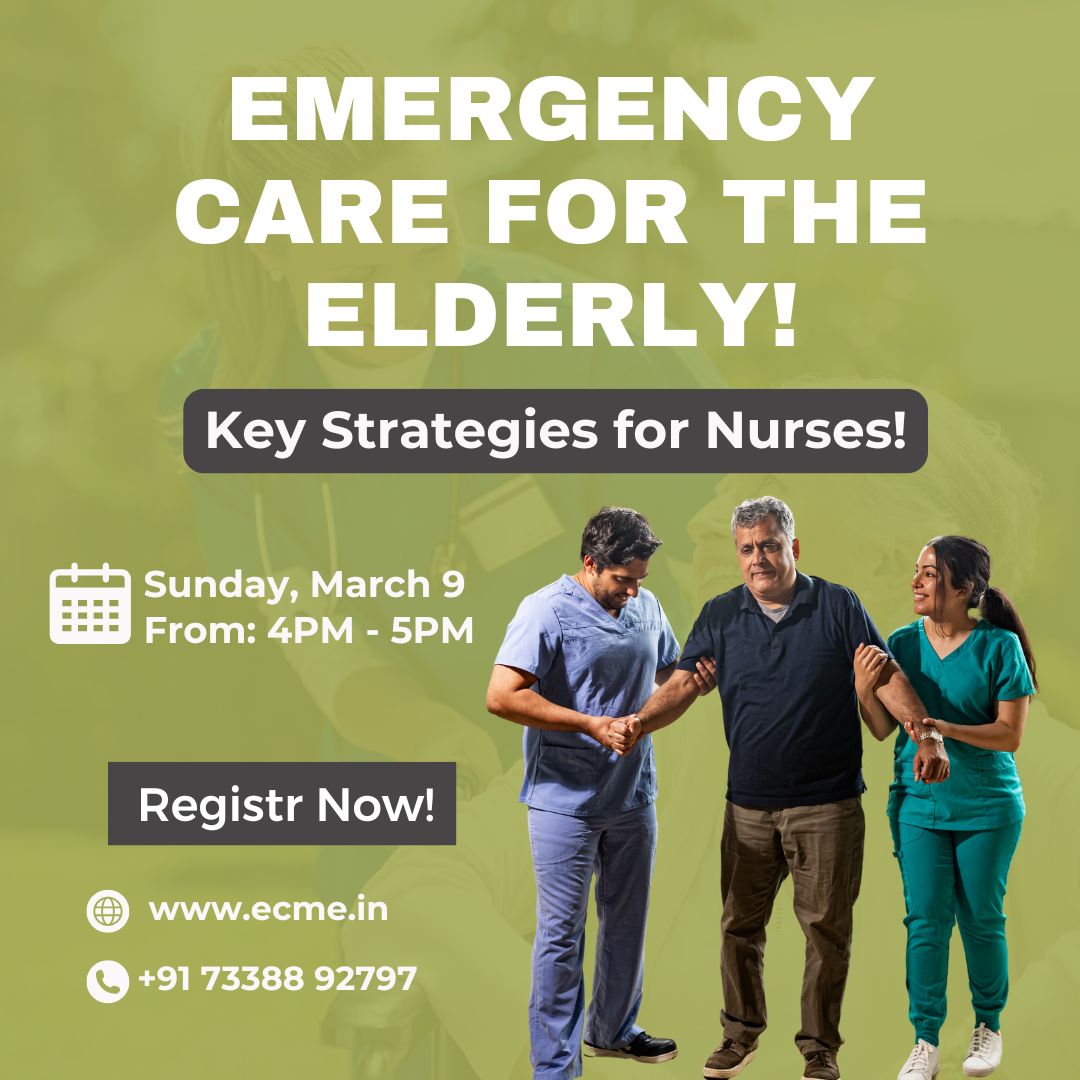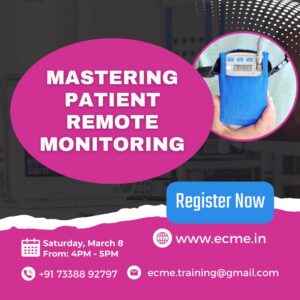Overview:
Gaining knowledge in Emergency Care for the Elderly is crucial for nurses as older adults often present with unique and complex medical needs. Their symptoms may be subtle, making early recognition and rapid intervention essential to prevent complications. This course will equip you with key strategies to manage acute conditions, improve patient outcomes, and provide compassionate, effective care. Enhance your skills in geriatric emergency care and make a meaningful impact in the lives of elderly patients. From our exert emergency physicians https://elixircare.net/elixir-care-team/
Webinar Topics Covered:
-
Understanding Geriatric Emergencies
- Unique challenges in elderly emergency care
- Physiological changes with aging that impact emergency response
-
Rapid Assessment & Early Recognition
- Atypical symptoms in elderly patients (silent infections, painless heart attacks)
- Comprehensive geriatric assessment in emergencies
-
Common Geriatric Emergencies & Nursing Management
- Falls and fractures
- Stroke and transient ischemic attacks (TIAs)
- Acute confusion and delirium
- Dehydration and electrolyte imbalances
- Cardiac emergencies (heart failure, arrhythmias, myocardial infarction)
- Respiratory emergencies (COPD exacerbations, pneumonia, aspiration)
- Sepsis and infections
- Hypoglycemia and diabetic crises
-
Polypharmacy and Medication-Related Emergencies
- Adverse drug reactions and drug interactions
- Safe medication administration in the elderly
-
Pain Management & Communication Challenges
- Recognizing and managing pain in elderly patients with cognitive impairments
- Effective communication with patients who have dementia or hearing loss
-
Ethical & Legal Considerations in Geriatric Emergency Care
- Informed consent and decision-making capacity
- Advanced directives and end-of-life care discussions
-
Preventing Hospital-Acquired Complications
- Pressure ulcers, delirium, falls, and hospital-acquired infections
- Strategies for early mobilization and rehabilitation
-
Interdisciplinary Approach & Family Involvement
- Collaborative care with doctors, physiotherapists, and caregivers
- Educating family members on emergency care and follow-up
-
Q&A and Interactive Discussion
- Addressing participant questions and real-world scenarios



